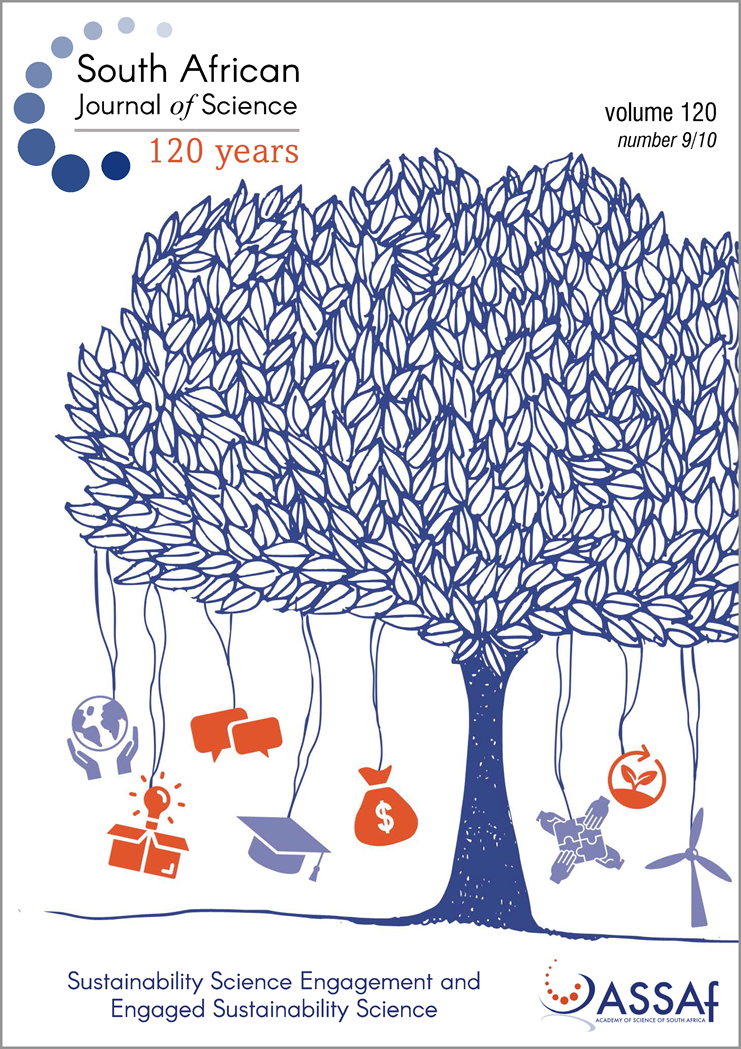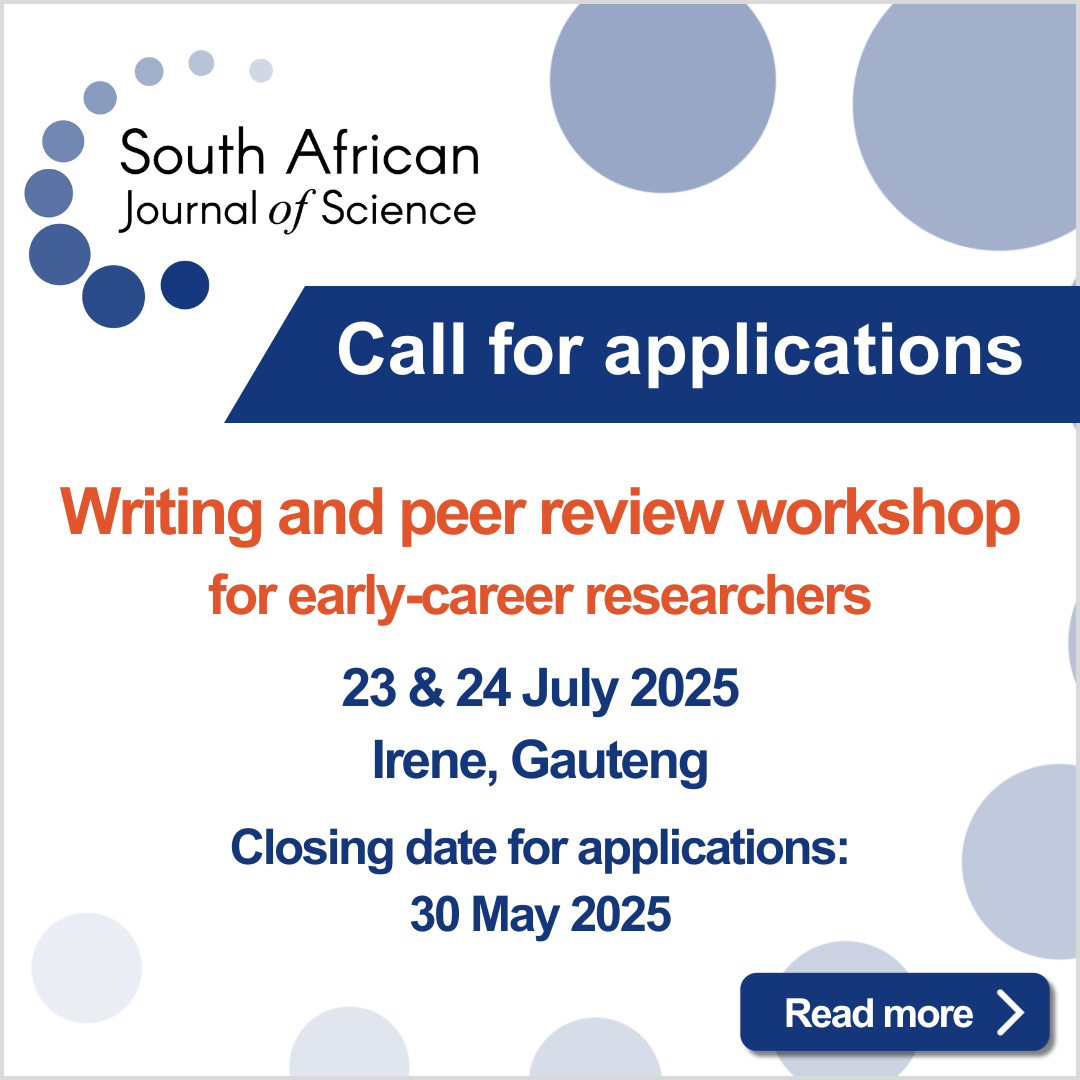Stakeholder contestations of water quality use and management in the Vaal Barrage catchment
DOI:
https://doi.org/10.17159/sajs.2024/17887Keywords:
contestations, resource quality objectives, Vaal River, water quality, water-use licencesAbstract
The water resources within the lower section of the Upper Vaal catchment, where the Vaal Barrage is situated, are highly utilised and developed, and water quality regulation has become a contested space between resource users and the regulators. The credibility and scientific defensibility of discharge standards in water-use licences (WULs), the relationship between upstream and downstream waste loads, the relationship between flows and water quality standards in WUL, and the water quality components of the resource quality objectives (RQOs) are being contested. This study explores the perceptions and motivations underlying these contestations as a contribution to scientific understanding of water quality management in a highly developed system. Perceived unrealistic RQOs, perceived lack of scientific credibility of the methods for deriving water quality standards in WUL, data inadequacy, as well as poor institutional capacity were identified as the top motivations for contesting applicable regulatory instruments in the catchment. Punitive measures, incentives, and education and awareness-raising were identified as key to accelerating compliance. Overall, this paper contributes to our general understanding of the intricacies of water quality management within a contested space.
Significance:
Water quality management in South Africa is increasingly becoming a contested space, particularly in catchments that are highly developed and utilised. The findings in this study imply that (1) there is a need for a multi-pronged approach to increase water quality compliance, (2) there is a need for trust within the regulatory system to foster confidence among actors and stakeholders, and (3) transparent, open processes and scientifically credible and defensible methods, and data are needed for deriving standards in water-use licences (WULs).
Downloads
Published
Issue
Section
License

All articles are published under a Creative Commons Attribution 4.0 International Licence
Copyright is retained by the authors. Readers are welcome to reproduce, share and adapt the content without permission provided the source is attributed.
Disclaimer: The publisher and editors accept no responsibility for statements made by the authors
How to Cite
- Abstract 290
- PDF 387
- EPUB 227
- XML 61
- Peer review history 292
Metrics
Funding data
-
National Research Foundation
-
Water Research Commission
Grant numbers K5/2910













.png)